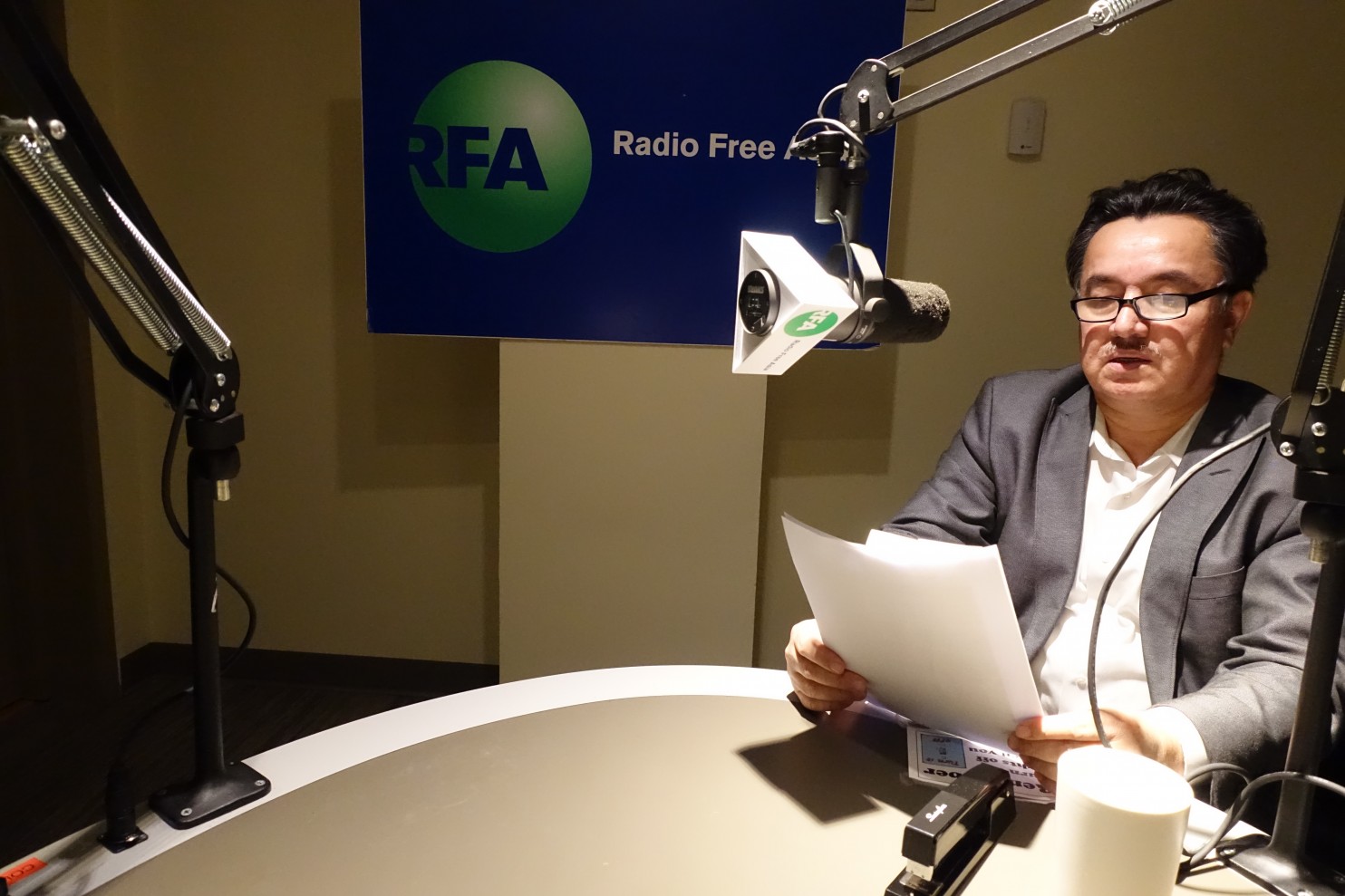Jerome Cohen and Ira Belkin of New York University’s U.S.-Asia Law Institute recently warned that a proposed law regulating foreign NGOs in China—potentially including any organization engaged in academic, artistic, or athletic exchanges—could also exert a chilling effect on their activities in the United States. Author Louisa Lim marked the 26th anniversary of the 1989 June 4th crackdown by noting a trend of “turning freedom of speech [abroad] into a commodity to be traded in order to safeguard ties with the world’s second-largest economy.”
An editorial from The Washington Post this week highlights another example of “exporting repression”:
IT IS common for tyrants to claim that human rights are an “internal matter” and should not concern outsiders. When faced with complaints that they deny people freedom to speak, protest, worship and vote, these autocrats like to say: Buzz off. That’s how China’s leaders have responded for decades when called out for their abysmal record on human rights. Yet Beijing is increasingly exporting its “internal matters” — the repression of critical or even independent voices — to other countries.
[…] Now we are concerned about how China is attempting to punish the ethnic Uighur journalist Shohret Hoshur of Radio Free Asia by imprisoning his three brothers in China. Mr. Hoshur left China in 1994 after he ran into trouble with the authorities because of his reporting. He has since become a U.S. citizen, and his work has provided an important window on events in the largely Muslim province of Xinjiang, beset in the past few years with a violent conflict that China blames on Uighur separatists. Radio Free Asia is funded annually by the U.S. government’s Broadcasting Board of Governors.
[…] One of Mr. Hoshur’s brothers was sentenced to five years in prison last year on charges of violating state security laws. Two other brothers have been detained since August after discussing the trial in a phone conversation with Mr. Hoshur. Now, according to Mr. Hoshur, family members have been told that both detained brothers — who have disappeared into the gulag and not been heard from since — are about to be formally charged with leaking state secrets. [Source]
As Amnesty International’s Nicholas Bequelin explained after the sentencing of journalist Gao Yu in April, state secrets charges are a versatile, well-established, and opaque “weapon of choice to silence critics, dissenters, journalists and party foes.” Persecution of family members is also a common tool, though relatives may also be recruited to attempt persuasion on the authorities’ behalf.
The Washington Post’s Simon Denyer and the AP’s Matthew Pennington previously reported on Hoshur’s case in January. Hoshur told Pennington that “if I leave from my job, this method can be used widely among Uighurs abroad as a successful tactic. I don’t want to be made an example of, obeying an authoritarian regime’s unacceptable demand.” His reporting since includes coverage of policies to undermine religion and cover up violence in Xinjiang.







